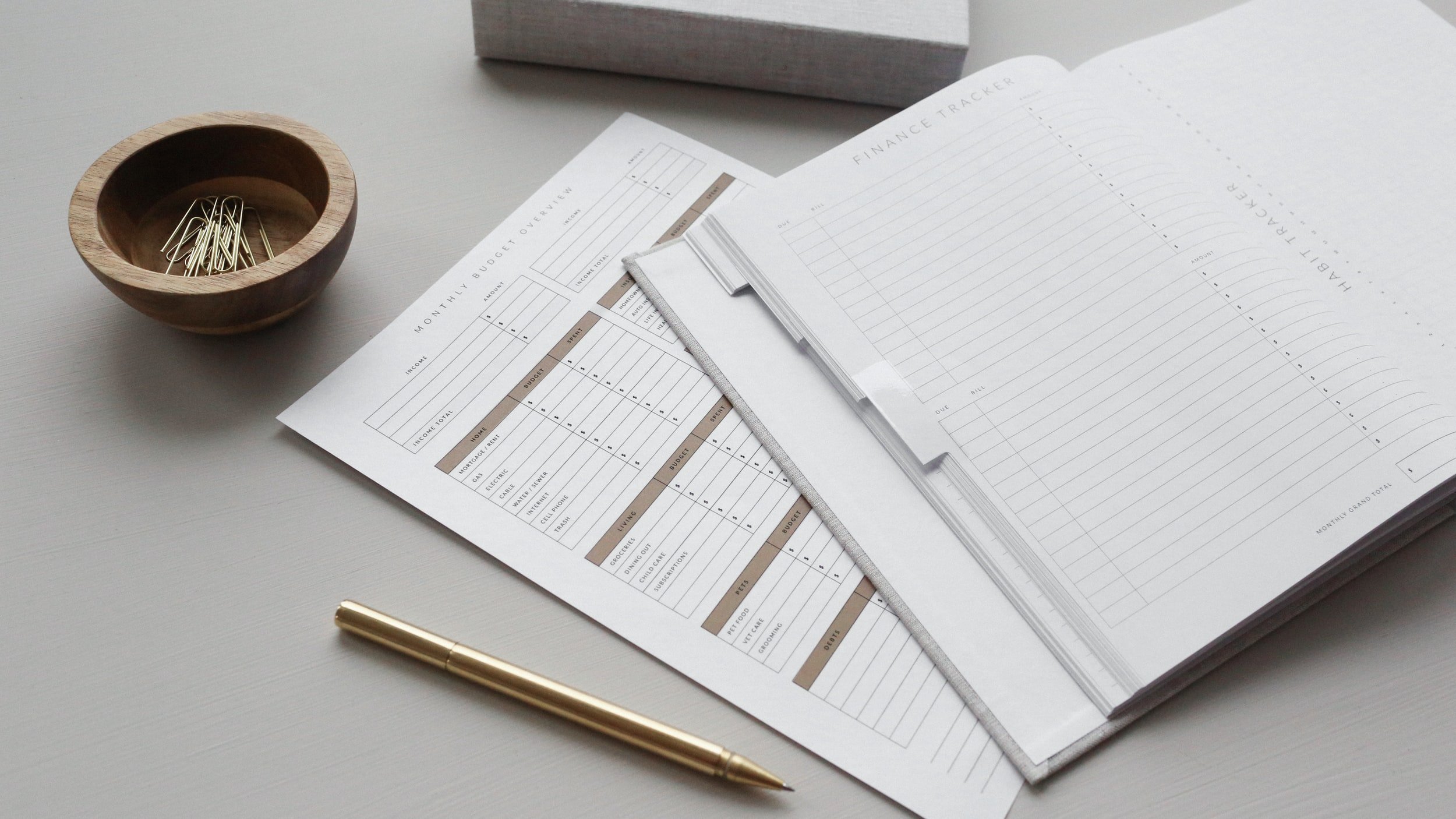How to Use Modal Verbs in the Past
When it comes to learning modal verbs in the past, many students struggle with mastering the structures. But even though learning how to use modal verbs in the past can be a challenge, it will level up your skills in English, and give you more freedom of expression.
For instance, you’ll be able to formulate deductions, imagine a different result for a past event, and express your regret about something you did or didn’t with more ease and fluency if you learn how to use modal verbs in the past.
Sounds useful, doesn’t it?
So how do we use modal verbs in the past?
The structure is simple: use a modal verb followed by “have” and the past participle of the verb:
could/might/should + have + past participle
But the different meanings and linguistic functions of modal verbs in the past are subtle, and they can get a bit confusing at times.
The good news is, today you’re going to learn the different ways you can use modal verbs in the past:
Talking about a possibility
Expressing a regret
Making a recommendation or criticism
Elaborating on deductions
Expressing disbelief
Let’s get right to it!
Teaching English Just Got Easier…
Save hours of time with an organized collection of high quality, easy-prep ESL lesson plans and worksheets right at your fingertips!
TIPS ON USING MODAL VERBS IN THE PASTUsing modals to talk about a possibility in the past
This is the most frequent use of modal verbs in the past: to talk about past situations that were possible but did not happen.
What does that mean? We use could/might/would + have to talk about situations in the past that didn’t go as expected.
For example:
If she had called me to apologize, I would have given her a second chance. (= giving her a second chance was possible.)
What we understand from this example is that the speaker didn’t get the call from this person so they never made up.
TIP: If you need to brush up on your knowledge of conditionals, this guide will be a lot of help.
Modals in the past: “could have”
Would have is mostly found in conditional clauses, and it conveys the meaning of past possibilities and unreal outcomes:
If I had left earlier, I would have made it to the meeting. (= I didn’t leave earlier so I was late for the meeting)
We’ve all been in situations where we wanted to do something, but for some reason, we didn’t or we couldn’t. “Would have” is a perfect fit for those situations:
I would have called you earlier, but my phone died. (= I had the intention to call you but my battery went flat.)
I would have arrived earlier but I missed the bus.
NOTE: Remember that modal verbs are followed by the infinitive form of the verbs (without to–we call this the bare infinitive). That means, we can’t say would has or must has, “have” goes with all pronouns.
Modals in the past: “could have”
As with the first alternative, could have helps us to talk about something that was possible in the past, but didn’t happen.
So what is the difference between could have and would have?
With could have, the speaker had the chance to do something but voluntarily decided not to:
I could have ignored his calls, but I decided to give him a second chance.
She could have traveled to Europe with her family, but she got a summer job instead.
Pronunciation tip: We don’t pronounce have fully when used with a modal. Most commonly, we reduce it to /ˈkʊdəv/ or even /ˈkʊdə/.
Modals in the past: “might have”
Might have is a good alternative in conditional clauses when you want to consider different possibilities in the past.
If I hadn’t planned the party last minute, more people might have turned up. (= It’s possible).
We’re speculating on a different outcome based on a hypothetical condition.
Could and might are often, but not always, interchangeable.
He might/could have taken the bus to get home. (= we don’t know for sure, it’s possible.)
He could have taken the bus to get home. (= he had the ability to take the bus but chose not to do it.)
Using modals to express a regret about the past
Modals in the past: “should have”
How often do you wish you had done something you didn’t do? This is how you can express it:
I should have invited him to my party. I feel bad about not telling him.
If you notice, the tone is that of regret, you think of the situation as a mistake:
I should have stayed home and studied for the exam.
Using modals to make a recommendation or criticism about the past
In line with its original meaning, should have sounds as if you’re giving advice to someone:
She should have listened to the doctor when he told her to rest.
Naturally, a piece of advice about the past is pointless unless we change the behavior in the future!
So if you’re annoyed with your friend’s behavior, this construction can help you get it off your chest in a polite way:
You could have texted me if you were running late.
But if you want to express your criticism more strongly, this is a good choice:
You shouldn’t have worn my clothes without asking in the first place!
Using modals to elaborate on past deductions
Modals in the past: “must have”
If you want to express something about the past with certainty, must have is your choice:
He must have left work already. It’s 7 pm.
The reason we’re certain is that we have evidence or information to support our statement. Hence, the strong meaning conveyed is “no other explanation is possible”:
She must have worked hard to get the promotion. (= based on what I know about her, I’m sure she worked hard.)
Modals in the past: “might have”
When using may/might have, we are making a guess about a situation:
I might have left the car keys at the restaurant. (= It’s probable that I’ve left the keys there but they might be somewhere else too.)
“Have you heard from Tom? He didn’t show up today.”
“He might have overslept.”
In these examples, we infer possible reasons or explanations but we’re not certain:
The technician might have come when we were out. (= we don’t know)
Modals in the past: “should have”
Should have is also used when something is supposed to have happened if everything went as planned.
But, since you’re not 100% sure, you decide to use a tentative expression instead of the present perfect or the past simple:
His plane should have landed by now. (= an assumption based on the airline schedule.)
I should have received the wedding invitation already. (= they sent it out a month ago.)
Using modals to express disbelief about the past
In some cases, you’ll need to express that an event was not possible or probable. You have two choices:
Modals in the past: “can’t have”
You can use can’t have when you don’t believe that something happened as it’s being described:
He can’t have arrived home already. He just left. (= It’s impossible that he arrived this fast.)
You can’t have eaten the whole cake! It was huge. (= There is no way you have eaten all the cake on your own.)
As seen in the examples above, the meaning expressed is that of disbelief. As with must have, we’re sure of our opinion based on either information we have or common sense.
Modals in the past: “couldn’t have”
And the second alternative for when you’re sure that a situation didn’t happen or wasn’t going to happen is couldn’t have:
That couldn’t have been John. He’s been in Italy for months.
I couldn’t have won, so I didn’t take part in the competition. (= even if I wanted to, it was impossible.)
Practice tip: If you need more examples of modal verbs in the past, try finding them while listening to your favorite songs. Here are some YouTube videos to get you inspired:
And my absolute favorite of all time: I Should Have Known Better (Remastered 2009)
I hope this article has helped you learn how to use modal verbs in the past. But if you still have questions, leave a comment below and we’ll be happy to answer them.
About the Writer
Sol is an English teacher and a self-professed grammar geek. As a writer for In English With Love, her mission is to create content that will help encourage and inspire English learners.
















